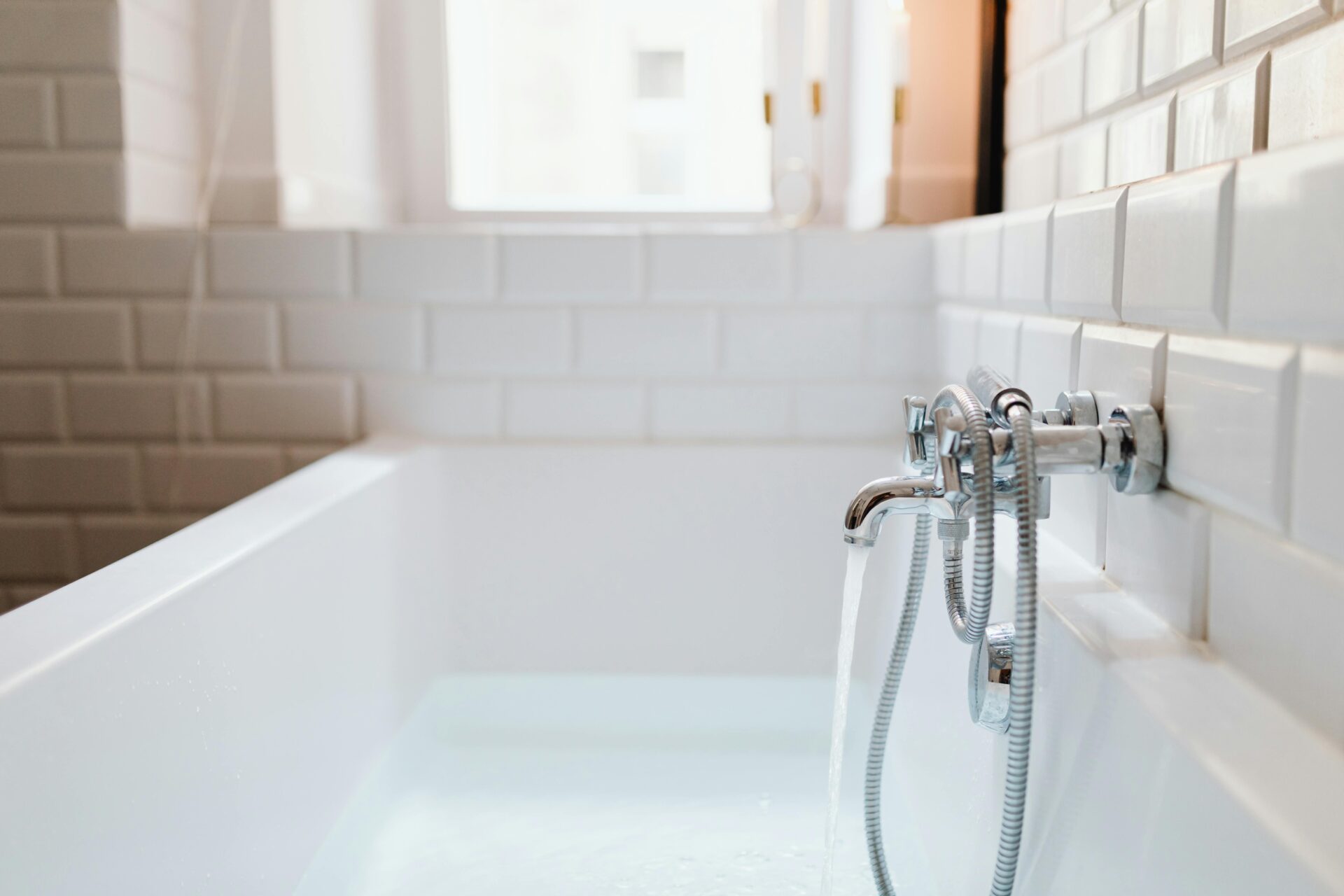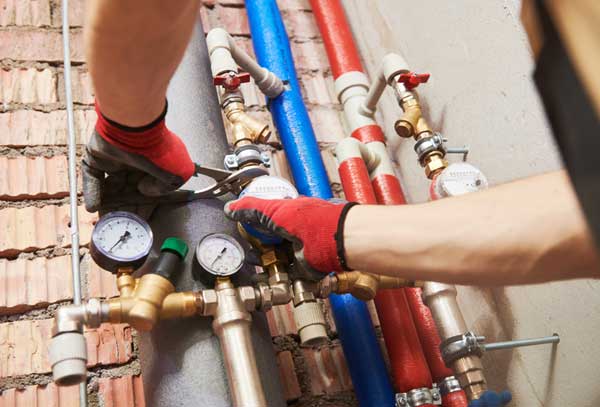Key Bathroom Plumbing Tips: What Every New Homeowner Needs to Know
Key Bathroom Plumbing Tips: What Every New Homeowner Needs to Know
Blog Article
Have you been looking for advise about Smart Plumbing Tips for New Homeowners?

For new homeowners, understanding and preserving bathroom pipes can conserve both time and money by avoiding costly concerns down the line. Here are some necessary washroom pipes ideas to help you maintain every little thing running efficiently.
Prepare for Winter
Secure your pipes from cold throughout cold weather by shielding pipes in unheated areas like basements, attic rooms, and garages. During extreme cool, allow cold water drip from taps served by revealed pipelines to help protect against freezing.
Set Up Normal Upkeep
Think about scheduling yearly evaluations with a qualified plumber. They can find concerns that you could miss out on, such as surprise leakages or wear and tear on pipelines and fixtures. Routine maintenance aids extend the life of your plumbing system and can stop emergency situations.
Acquaint Yourself with the Main Shut-Off Shutoff
Understanding where the primary water shut-off valve is located in your home is crucial. This enables you to quickly shut off the supply of water in case of significant leakages or during pipes emergency situations, stopping comprehensive water damages.
On A Regular Basis Evaluate for Leakages
Little leakages can lead to large issues. Consistently examine under sinks, around bathrooms, and near pipes components for any type of indications of leakages. Look for dampness, little drips, or corrosion. Capturing and repairing leaks early can avoid much more major damages and save water.
Preserve Your Water Heater
Ensure your water heater is set to an appropriate temperature (typically about 120 levels Fahrenheit) to stop hot and minimize power usage. Flush the storage tank every year to get rid of sediment buildup, which can reduce the effectiveness and life expectancy of your heating unit.
Update Your Fixtures
If your home has older components, consider upgrading to much more efficient versions. Modern toilets, showerheads, and faucets are designed to make use of much less water while supplying good stress, which can dramatically decrease your water bill and ecological impact.
Beware with DIY Plumbing Repair Works
While it's alluring to take care of all home repairs on your own, be cautious with plumbing. Some concerns may require professional know-how, specifically if they include main water lines or drain repair services. Employing a specialist can often be a lot more economical than DIY, particularly if it stops more damages.
Don't Neglect Slow Drains Pipes
If your sink or bath tub is draining pipes gradually, it's usually an indicator of a blockage forming. Resolving this very early can avoid a total blockage. Utilize a plunger or a plumbing technician's serpent to clean out particles. Prevent utilizing chemical drain cleaners as they can harm your pipelines in time.
Know What Not to Flush
Commodes are not waste disposal unit. Prevent flushing anything apart from toilet tissue and human waste. Items like wipes, feminine health products, and cotton bud ought to be dealt with in the garbage to avoid obstructions and sewage system backups.
Install Strainers in Drains
Location filters in your sink and tub drains pipes to capture hair and various other debris prior to they enter your plumbing system. Cleansing the filters regularly will aid avoid buildup and keep water moving easily.
Final thought
Understanding and maintaining your home's bathroom pipes can stop numerous typical problems. By adhering to these necessary ideas, you can ensure your bathroom continues to be functional and reliable, conserving you time and money over time.
5 Plumbing Tips for First-Time Homeowners
Know How to Shut Off the Water
In most homes, the water can be shut off at two places: at the appliance or fixture itself, and for the whole house. For instance, look under your sink or behind the toilet. See those little knobs that connect with the pipes? Those are the shut off valves for those fixtures. Simply turn them until the water is off. The main shut off valve (which controls water throughout your entire home) will be outside, where the water feeds into the structure. You might need a dedicated tool, such as a water shut-off key, to shut off the water at the main.
Build an Emergency Plumbing Kit
Everyone knows how important it is to have a high-quality plunger around the house. But there are other things that can help you out when issues arise with the pipes. Building an emergency plumbing kit to solve issues on your own is part of any list of basic plumbing tips. Consider adding these things to create a basic plumbing kit:
Adjustable wrench Tongue-and-groove pliers Screwdrivers Plumber’s tape Pipe sealant Duct tape Set of hex keys Clip light for working under cabinets Auger and hand snake Do a Little Research
Many small leaks can be handled by replacing a small part of the piping system, tightening part of a faucet, or even changing out an aerator. Take the time to browse how-to articles for common plumbing problems, such as a running toilet or slow-draining sink. You might be surprised to find how easy it can be to do simple things yourself, like replace a valve in the back of the toilet.
Keep it Simple With No Chemicals
If you have a clog, you might be tempted by the promises of liquid drain cleaner. While this might work at first, it actually causes more damage deep in the pipes, eventually creating even more problems down the road.
Instead, try using baking soda and vinegar to create a strong fizzing effect that can help break up clogs and clear gunk from drains. Follow it with boiling water to clean the pipes even more thoroughly.
Take Care of Your Garbage Disposal
Be cautious about what you put down the disposal. Avoid pouring in fats, oils, and grease, as these are a surefire way to get a clog. Beware of certain foods too, such as celery or bones, as they can lodge in the works. Always run the disposal with water flowing.
https://modernize.com/homeowner-resources/other/10-plumbing-tips-for-first-time-homeowners

Click Here Report this page